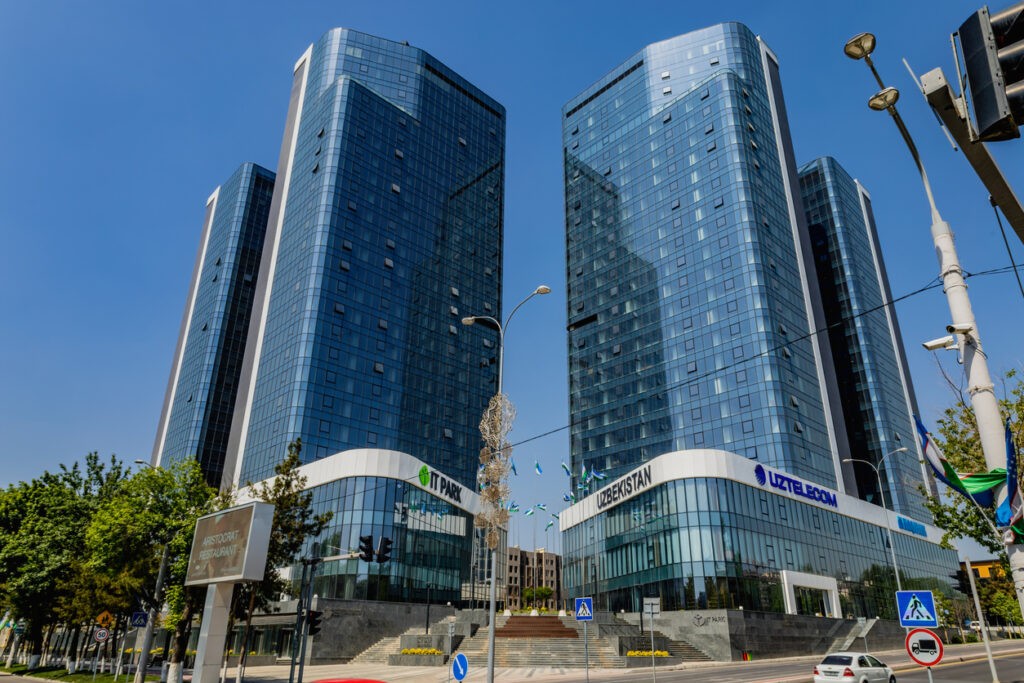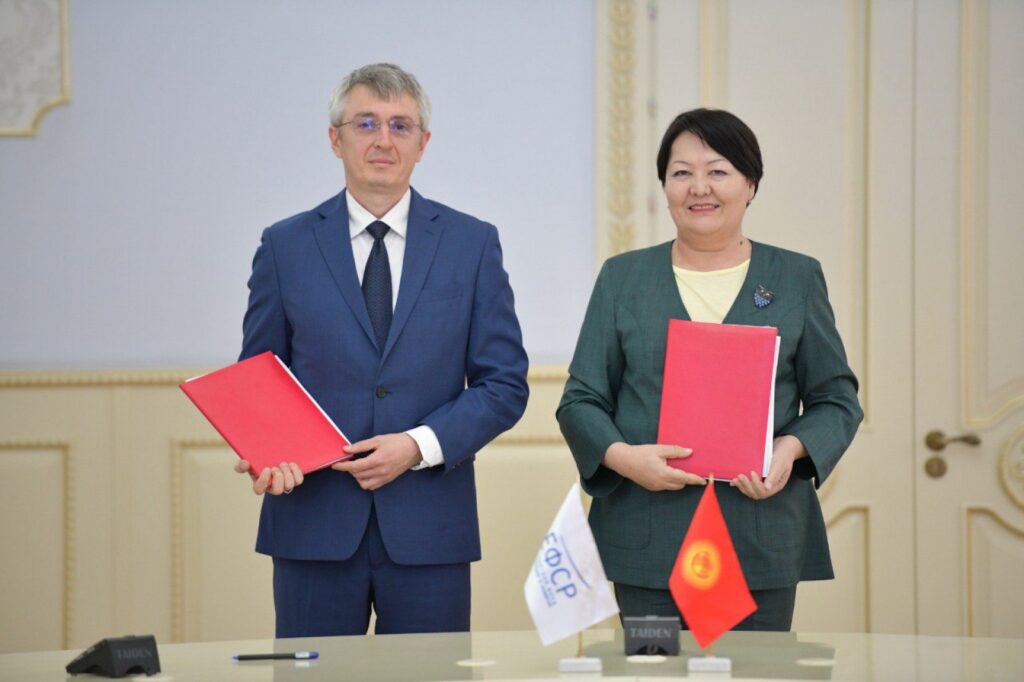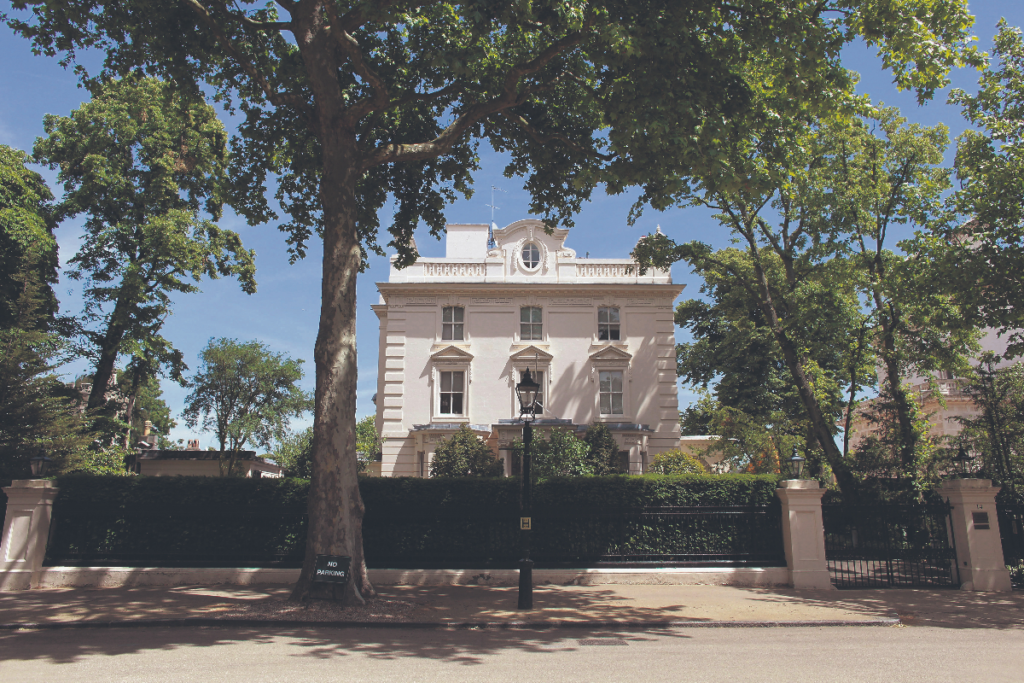ASTANA (TCA) — At the Government meeting on January 10, Finance Minister Bakhyt Sultanov reported on preliminary results of the capital legalization campaign in Kazakhstan which started on 1 September 2014 and lasted until the end of 2016, the official website of the Prime Minister of Kazakhstan reported.
“More than 140 thousand citizens benefited from opportunities of the campaign. 5.7 trillion tenge (around $17 billion according to the current exchange rate) was legalized in total, including 4.1 trillion tenge in cash and 1.6 trillion tenge in assets. About 151 thousand houses and 213 stakes in legal entities were legalized,” the minister said.
In his words, the greatest activity was observed in the last months of the campaign, when 53% of the money and assets were legalized in the fourth quarter of 2016.
“Amendments adopted in late 2015 contributed to this,” Sultanov said.
The government earlier simplified the legalization procedure by cancellation of the requirement to keep legalized money on special bank accounts for five years and pay a 10-percent commission.
The minister said that the campaign gave a positive effect. 9.5 thousand objects out of 151 thousand legalized houses were put on the account as commercial property. It has increased property tax revenues by about 800 million tenge per year. Secondly, the involvement of the legal turnover of 4.1 trillion tenge generates an estimated 150 billion tenge of taxes per year. In other words, the legalization of 5.7 trillion tenge supports the main economic indicators.
According to the finance minister, 1.9 billion tenge remains on the bank accounts, which is an additional source of funding by banks and lending to the economy. 2.2 billion tenge of the legalized money has been withdrawn from the bank accounts of citizens. This money has also been used for investment, consumption or savings.
Capital or property declared during the legalization campaign was not taxed.
The amnesty applied to money, securities, stakes in authorized capitals of legal entities, and real estate beyond Kazakhstan. Property received as a result of corruption and other crimes was not legalized.
In line with the capital amnesty law, legalized monies were transferred to special accounts in second-tier banks in Kazakhstan.
It was the third capital amnesty campaign in Kazakhstan since the country gained independence in 1991. The first such campaign took place in 2001, when $480 million was legalized during one month. The second legalization campaign was carried out in 2006 and 2007, when the amnesty was applied to both capitals and property, and resulted in legalization of $6.8 billion.









